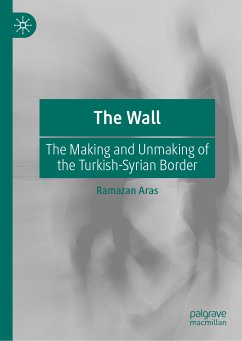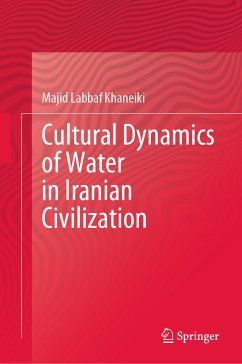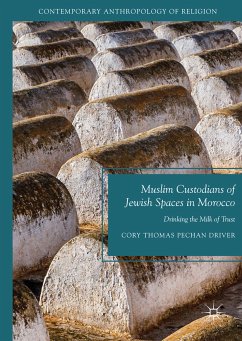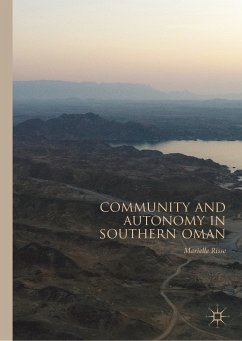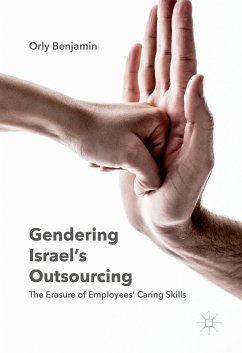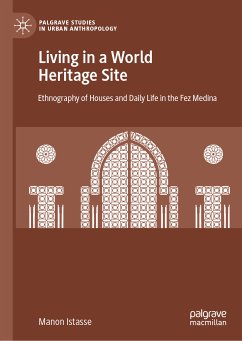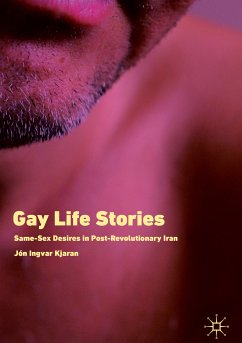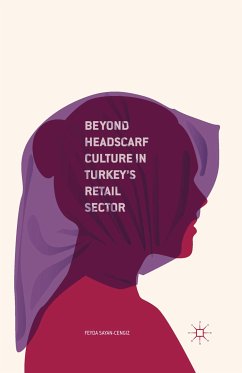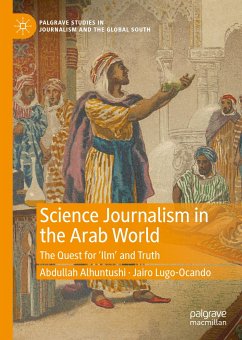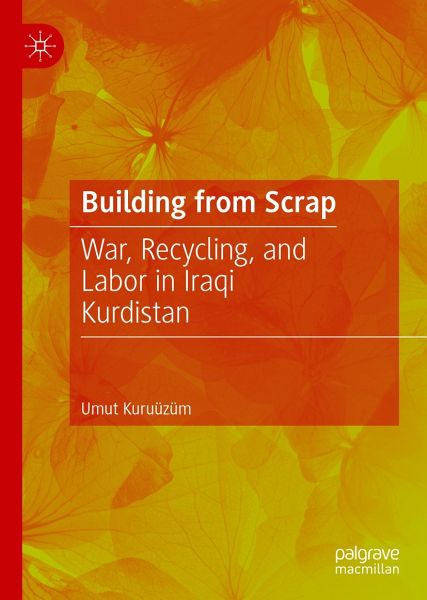
Building from Scrap (eBook, PDF)
War, Recycling, and Labor in Iraqi Kurdistan
Versandkostenfrei!
Sofort per Download lieferbar
44,95 €
inkl. MwSt.
Weitere Ausgaben:

PAYBACK Punkte
22 °P sammeln!
This book is about the flourishing scrap recycling industry, reconstruction, and state-making in Iraqi Kurdistan within the wider conditions of the war economy, ruination, and state disintegration in Iraq. Through a dialectical relationship between the afterlife and continuity of war over distinct but conjoined landscapes, it examines industrial work, labouring, and statelessness on a frontier territory near the self-proclaimed Islamic State (ISIS). By documenting the advance of the global steelmaking industry, the spread and erosion of selective state sovereignty, and the struggle of disposse...
This book is about the flourishing scrap recycling industry, reconstruction, and state-making in Iraqi Kurdistan within the wider conditions of the war economy, ruination, and state disintegration in Iraq. Through a dialectical relationship between the afterlife and continuity of war over distinct but conjoined landscapes, it examines industrial work, labouring, and statelessness on a frontier territory near the self-proclaimed Islamic State (ISIS). By documenting the advance of the global steelmaking industry, the spread and erosion of selective state sovereignty, and the struggle of dispossessed workers, the book sketches the economic geography of a contemporary market expansion over the northeast of Iraq in a relational and dynamic way.
Dieser Download kann aus rechtlichen Gründen nur mit Rechnungsadresse in A, B, BG, CY, CZ, D, DK, EW, E, FIN, F, GR, HR, H, IRL, I, LT, L, LR, M, NL, PL, P, R, S, SLO, SK ausgeliefert werden.



